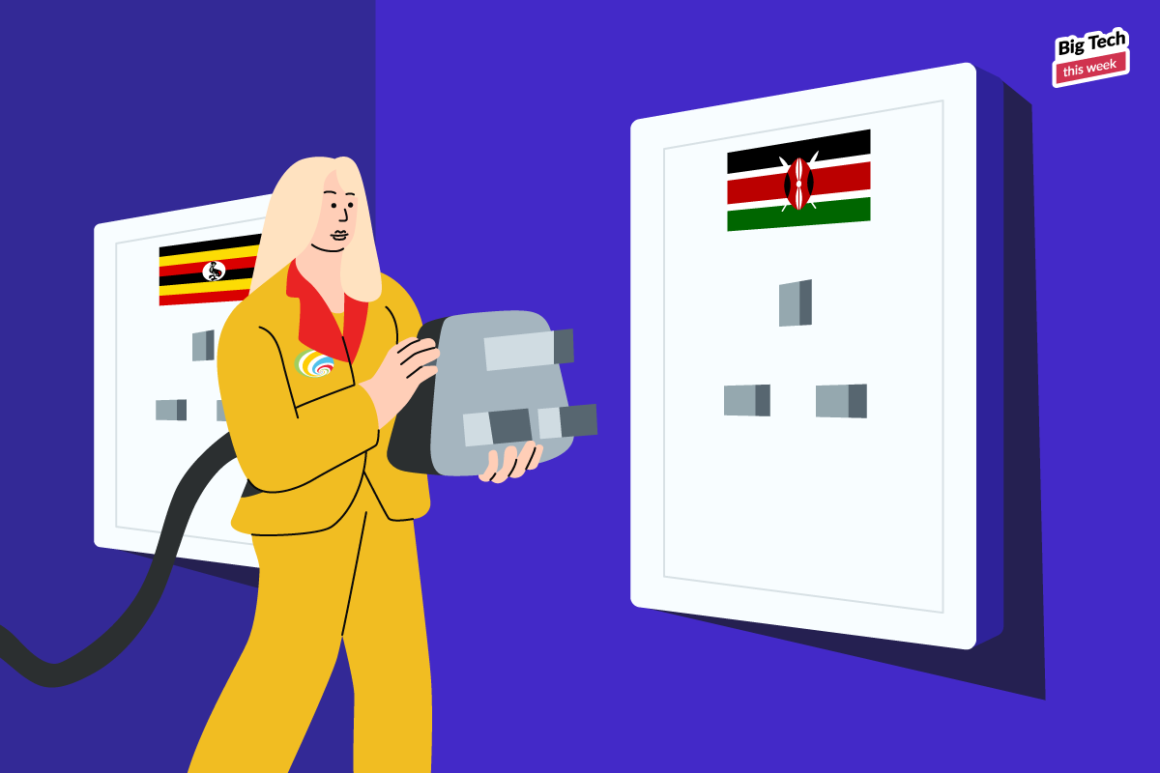Top of mind: Happy Sunday!
We found out this week that Netflix likes Africa but loves South Africa more – and with good reason. SA’s done the work.
And, in other news – Kenya’s taking on Starlink by expanding connectivity to its rural areas, and one of Africa’s enduring startups makes a grand exit from Uganda.
Let’s get to it.
3 big things:
- Netflix ♥️’s South Africa
- Copia says ✌🏾 to Uganda
- Kenya’s spending big on 💰 communities
Netflix is in love with South Africa

The short: Netflix spent $175 million on African content in six years – with a clear favourite.
By the numbers: First, let’s give Netflix props for being the first streaming giant to start licensing and commissioning local content in Africa. The company says it spent $175 million between 2016 and 2022 in an impact report highlighting its footprint in South Africa, Nigeria, and Kenya.
Highlights:
- Twelve thousand jobs were created in six years.
- $200 million in income was generated by households.
- Funded activities that generated $44 million in tax revenue and influenced $218 million in GDP growth.
Where the money went: Of the $175 million invested, 71.4% went to South Africa and 13.4% to Nigeria. But, unfortunately, they skipped on details of percentages allocated to Kenya – with 15.2% of the total remaining unaccounted for.
Netflix loves the South: South Africa received $125 million to commission 16 titles with 163 licenses. Nigeria got more licensed titles – 283, with three commissioned titles and less money – $23.6 million.
Why does Netflix love South Africa?
A quick answer is in Netflix’s explanation of why they commissioned One Piece, a series whose first season’s budget is more than double Nigeria’s funding in six years.
Netflix selected South Africa for One Piece because it has:
- Excellent facilities and infrastructure.
- Highly skilled cast locally.
- Policy and regulatory environment that promotes investment.
- Safe and secure environment to film in.
- Significant skill base for crew personnel.
But, it still doesn’t explain the funding imbalance – titles from all three countries hold their own when it comes to viewership. However, a glance at the jobs-supported data shows Netflix prices down labour to do ‘more with less’ in Nigeria compared to South Africa.
Final thoughts: While we scratch our heads over Netflix’s reasoning behind the funding disparity, there are several lessons countries hoping to mirror South Africa’s success can pick up. First on the list is creating policies and infrastructure that attracts funding and boots–on–the–ground investments from streaming giants. This should be the foremost priority for African governments, I’d say.
E-commerce startup Copia says deuces to Uganda

The short: E-commerce platform Copia makes a grand exit from Uganda to focus on profitability in Kenya.
Fleeing Uganda: Copia shocked the startup ecosystem when it announced on Wednesday that it would pause expansion plans on its Ugandan operation.
The startup launched its Uganda business in mid-2021, shortly after raising KES 2.6 billion in Series B funding. Although the company netted an extra $50 million in a Series C round in January 2022, they believe Uganda isn’t the best plan for profitability given the current startup climate.
Kenya’s a bigger market: With its exit from Uganda, Copia reaffirms its Kenya focus –providing e-commerce services to middle and low-income residents. Copia’s model allows users to order through USSD codes, their website, or physical agents scattered across designated stores.
The threefold system is the best for Kenya’s rural population, which comprises 70% of the country’s residents.
Final thoughts: Copia has raised over $100 million in the ten years of its existence. The company should focus on profitability to appease shareholders and corner the same market share Jumia’s fighting for.
Reigning in their Uganda efforts and focusing on Kenya gives them an edge over the competition.
Kenya’s spending big bucks to expand connectivity

The short: Kenya is upping internet connectivity in rural areas.
To the last mile and beyond: Kenya’s Communications Authority (CA) and ICT Authority inked a contract on Monday to expand last-mile fibre optic cable access across 19 underserved counties in Kenya.
The CA will spend 5 billion Kenyan Shillings (US$36.8 million) through the Universal Service Fund (USF) to support fibre deployment in select counties over the next three years. The USF was created to support national initiatives that boost the availability and usability of ICTs in rural, remote, and underdeveloped urban areas.
Unlocking opportunities: In Kenya, internet penetration has been rapidly increasing and currently stands at 32.7%, with 17.86 million internet users. The recent push by the government and the World Bank to get more people online will create new opportunities for startups providing online services in the region. Companies in fintech, e-commerce, e-health and ed-tech would race to onboard as many clients as possible and dominate the region.
Final thoughts: Kenya’s drive to expand internet penetration will significantly impact the nation’s economy over time. More jobs would be created, and businesses would accelerate revenue generation —the perks of a more connected economy.
Thanks for reading! We’d love to hear your thoughts about this week’s issue.
Please respond directly to this email or find me on Twitter @fatuogwuche 🙂
And follow us on Twitter @bigtechthisweek

